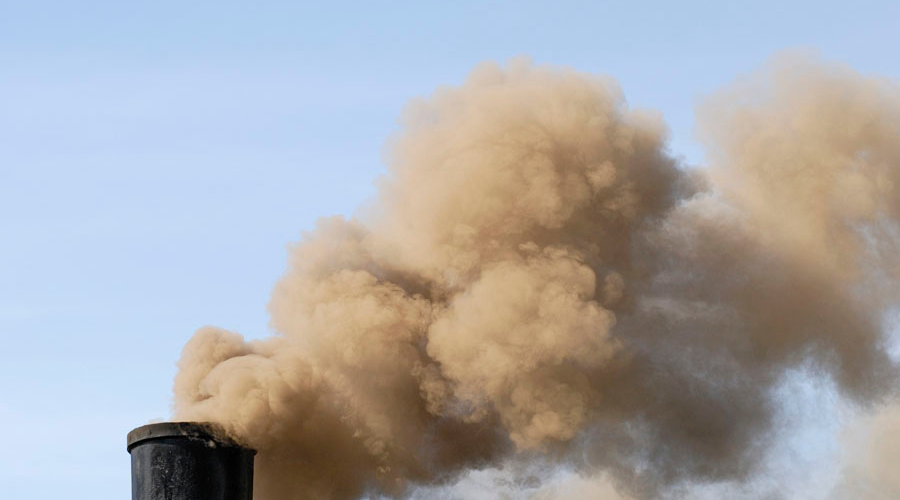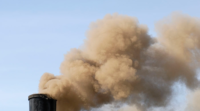The fact that dirty air is bad for us is not rocket science; it is especially risky for children because their lungs, brains, and other organs are still maturing. Therefore, heavy and sustained exposure can lead to illness and other health problems that could last a lifetime. In rare cases it has led to years of painful hospital visits and eventual – and untimely – death.
A World Health Organization (WHO) report, published late last year, highlighted the latest scientific evidence linking exposure to air pollution to adverse health effects in children.
It wrote that although air pollution is widely recognized as a major health threat causing about 7 million premature deaths worldwide each year, the critical aspect that it is affecting children in uniquely damaging ways is often overlooked.
According to WHO, more than one in every four deaths of children under five years is directly or indirectly related to environmental risks such as air pollution.
The Air Quality Health Index (AQHI) reports that Hong Kong’s air pollutants can contribute to a broad spectrum of respiratory and cardiovascular illnesses, such as decreased lung functions, chronic bronchitis, aggravated asthma symptoms and premature death in current sufferers of heart or lung disease.
Some critics and parents have suggested that schools should be shut on days when air pollution risks are high, but this solution certainly does not address the cause of the problem.
The broader community, including health care professionals, should demand public health policies from the government to prevent or at least minimize children’s exposure to air pollutants.
Although the government is currently in the process of reviewing its quinquennial air quality objectives for 2025 this year, critics have already slated its “overly conservative” targets.
In summary, the objectives will limit the daily number of respirable and fine suspended particulates (PM10 and PM2.5 respectively) by 2020, and will be enforced as such until 2025. These objectives have been set against current WHO guidelines for air pollutants.
The government has estimated this will not only reduce the city’s high pollution levels but give Hong Kong a HK$33 billion (US$4.2 billion) boost; this is thanks to reduced hospital admissions and health care costs. In 2017, nearly 11,000 residents died from respiratory illnesses.
Forget about cash handouts in the upcoming budget plan this year; the best gift the government can give Hong Kong is a more livable environment with cleaner air so that our children can spend more time outdoors.
Spending time playing outside can reduce chances of child obesity and depression, improve activeness and social skills, and bring benefits from creative and interactive play to develop a holistic attitude early in life.
Without doubt, air pollution is a strong contributory factor to many premature deaths of children worldwide. We must push our government to take swift and strong action to tackle pollution and protect our young from it.
Source: South China Morning Post



